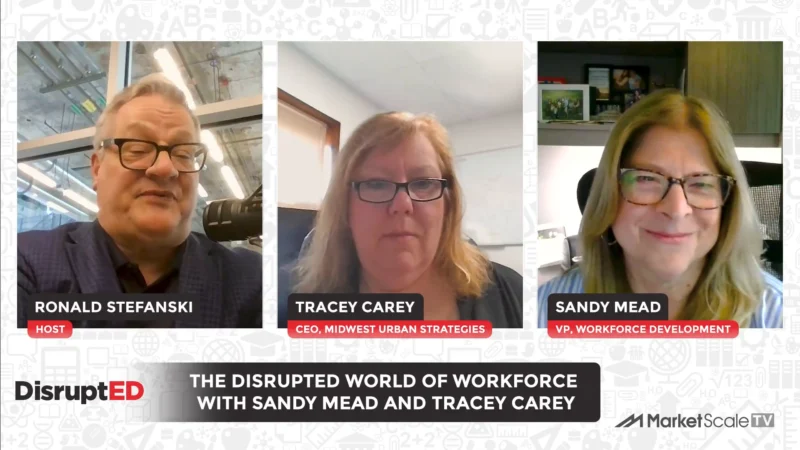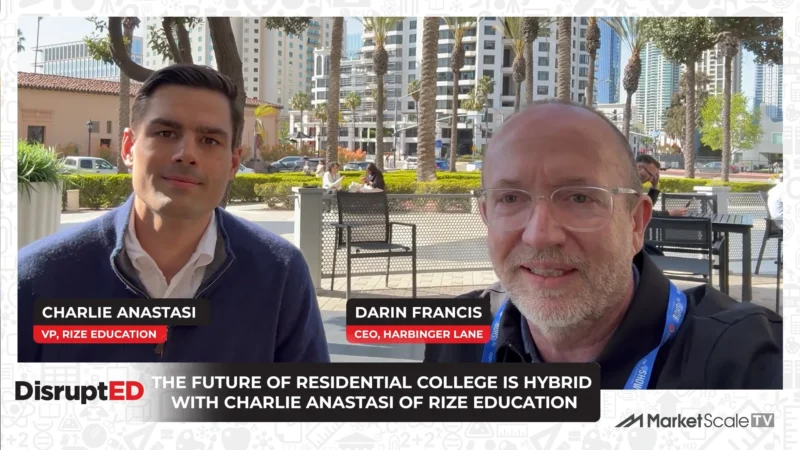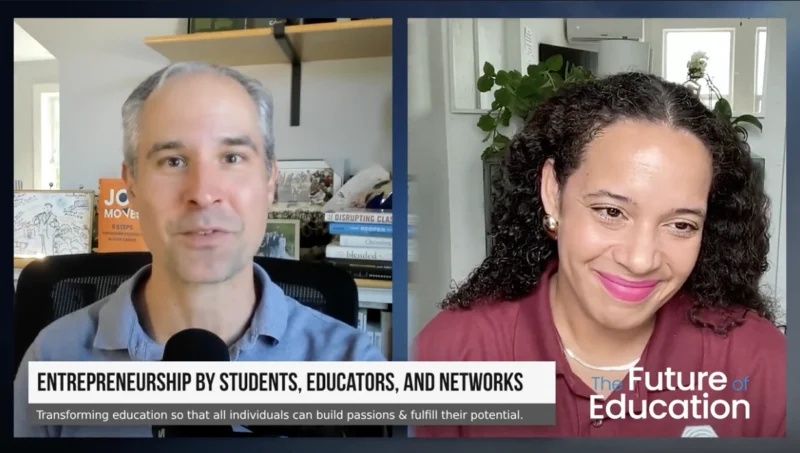As Vibrant Technology Grows In Detroit, Making It Accessible Is Still a Challenge
As common as vibrant technology is, it’s not readily accessible to everyone. Detroit, a city once synonymous with automobile production and subsequently ravaged by economic and demographic shifts, is getting back on its feet and shifting gears. Thanks to initiatives like the Michigan Central Innovation Campus and New Lab, the city is now buzzing with a vibrant technology and innovation scene.
Amidst this resurgence, efforts are being made to ensure that the benefits of this renewal are equitably shared, with an emphasis on inclusivity that welcomes the contributions of the African-American, non-white, immigrant, and broader communities.
One of the people at the forefront of this entrepreneurial journey is Achsha Jones, a Detroit-native and the visionary CEO and Founder of TripSlip, a tech startup that arose from an unresolved issue in Detroit’s school system. For an episode of “DisruptEd,” Jones appeared on the show to discuss the work to ensure that access to vibrant technology is being equally dispersed in Detroit.




